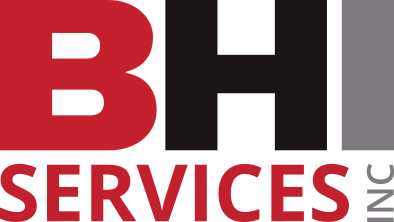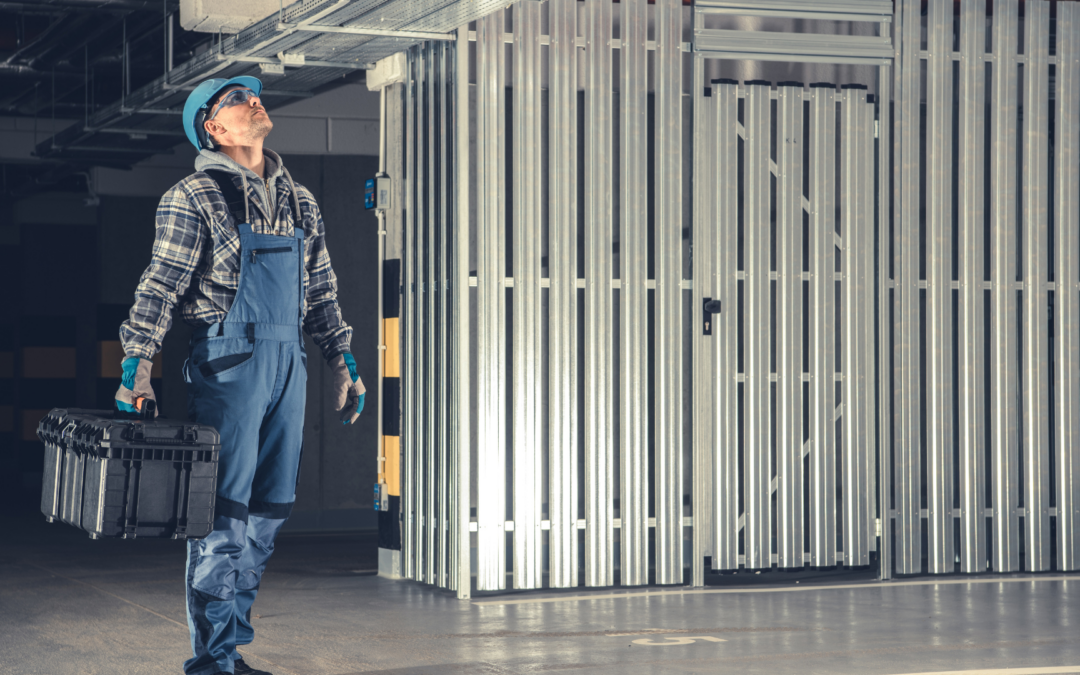Proper commercial property plumbing maintenance is essential for the smooth operation and functionality of your property’s plumbing system. As a property manager, it is your responsibility to ensure that plumbing maintenance tasks are performed regularly to prevent costly repairs and disruptions. In this blog, we will discuss common plumbing maintenance tasks that property managers should prioritize to maintain the integrity and efficiency of the plumbing system.
Regular Inspection for Leaks: Regularly inspecting the property for leaks is crucial. Check faucets, toilets, showerheads, and pipes for any signs of leaks, such as dripping water or water stains. Addressing leaks promptly can prevent water damage, conserve water, and reduce utility costs.
Clearing Clogged Drains: Clogged drains are a common plumbing issue that can lead to backups, slow drainage, and unpleasant odors. Property managers should regularly address clogged drains by using appropriate drain cleaning methods, such as snaking or using chemical drain cleaners. Consider scheduling professional drain cleaning services for a more thorough cleaning and to prevent major blockages.
Testing and Maintaining Water Pressure: Maintaining proper water pressure is important for the functionality of fixtures and appliances. Periodically test the water pressure in different areas of the property and ensure it falls within the recommended range. If the pressure is too high or too low, consult a professional plumber to adjust it accordingly to prevent damage to pipes and appliances.
Checking and Maintaining Water Heaters: Water heaters play a vital role in providing hot water to the property. Regularly inspect water heaters for any signs of leaks, corrosion, or malfunctioning components. Flush the water heater annually to remove sediment buildup that can affect its efficiency and lifespan. Consider scheduling professional maintenance for water heaters to ensure optimal performance and longevity.
Insulating Pipes: In colder climates, it is essential to insulate exposed pipes to prevent freezing and potential bursts. Inspect pipes in unheated areas, such as basements, crawl spaces, and attics, and ensure they are properly insulated. Use insulation sleeves or wraps to protect pipes from extreme temperatures.
Testing and Repairing Toilet Components: Toilets are prone to various issues, such as running water, flushing problems, or leaks. Regularly test and repair toilet components, including the flapper, fill valve, and flush handle. Ensure toilets are functioning properly, and address any leaks or running water promptly to conserve water.
Addressing Plumbing Fixture Maintenance: Routine commercial property plumbing maintenance of commercial property plumbing fixtures is essential. Inspect and clean aerators on faucets, showerheads, and other fixtures to remove mineral deposits that can affect water flow. Check for any loose or faulty components, such as handles or valves, and repair or replace them as needed.
Educating Tenants on Proper Plumbing Practices: Proper plumbing maintenance goes beyond the property manager’s responsibilities. Educate tenants on good plumbing practices, such as avoiding flushing non-flushable items, using drain screens to prevent clogs, and reporting leaks or plumbing issues promptly. Encourage them to conserve water and use fixtures responsibly.
Conclusion: Regular plumbing maintenance is vital for the proper functioning and longevity of your property’s plumbing system. By prioritizing tasks such as inspecting for leaks, clearing clogged drains, maintaining water pressure, checking water heaters, insulating pipes, testing and repairing toilets, addressing plumbing fixture maintenance, and educating tenants, property managers can ensure a well-maintained commercial property plumbing system that minimizes disruptions, conserves water, and prevents costly repairs. Remember, proactive plumbing maintenance not only benefits the property and its occupants but also contributes to the overall satisfaction and success of your property management endeavors.

